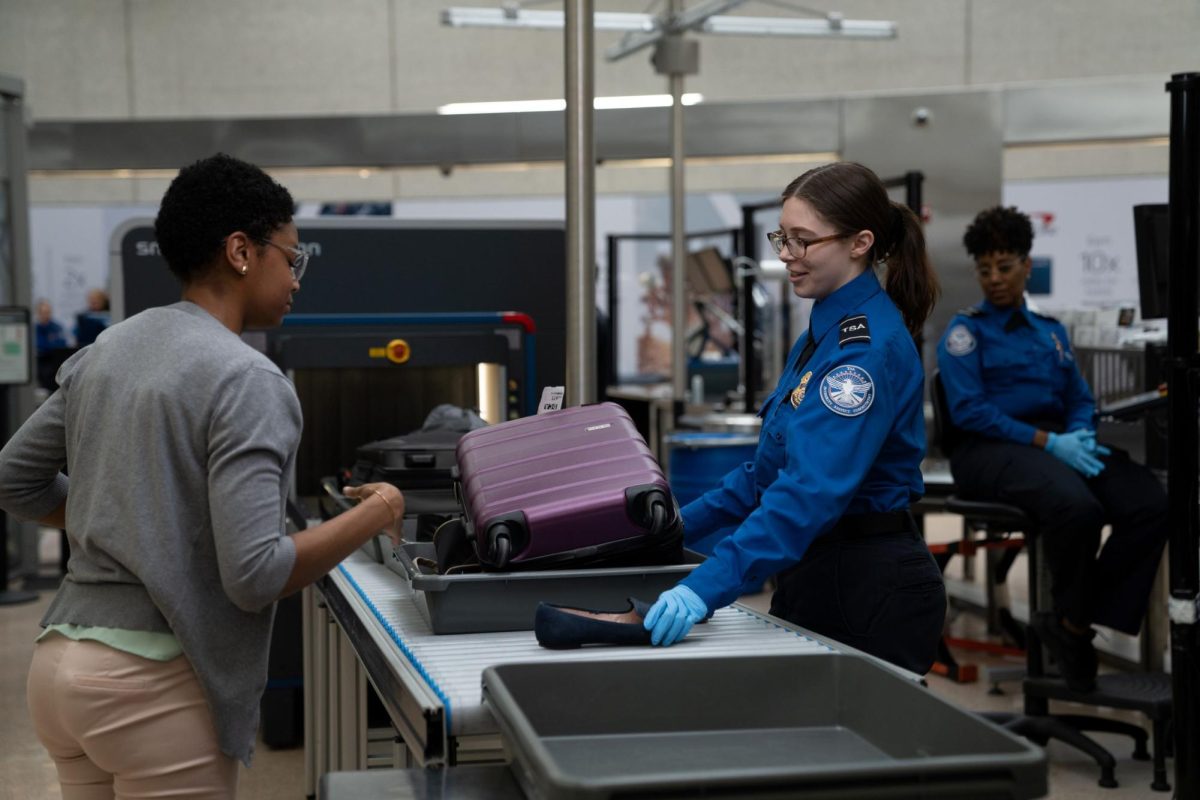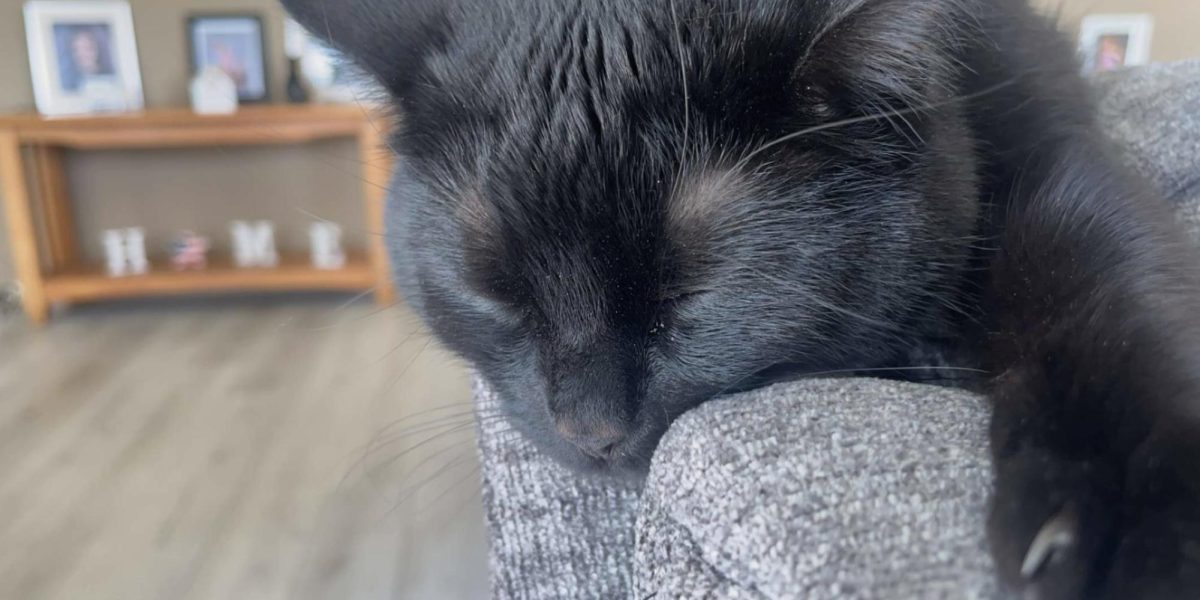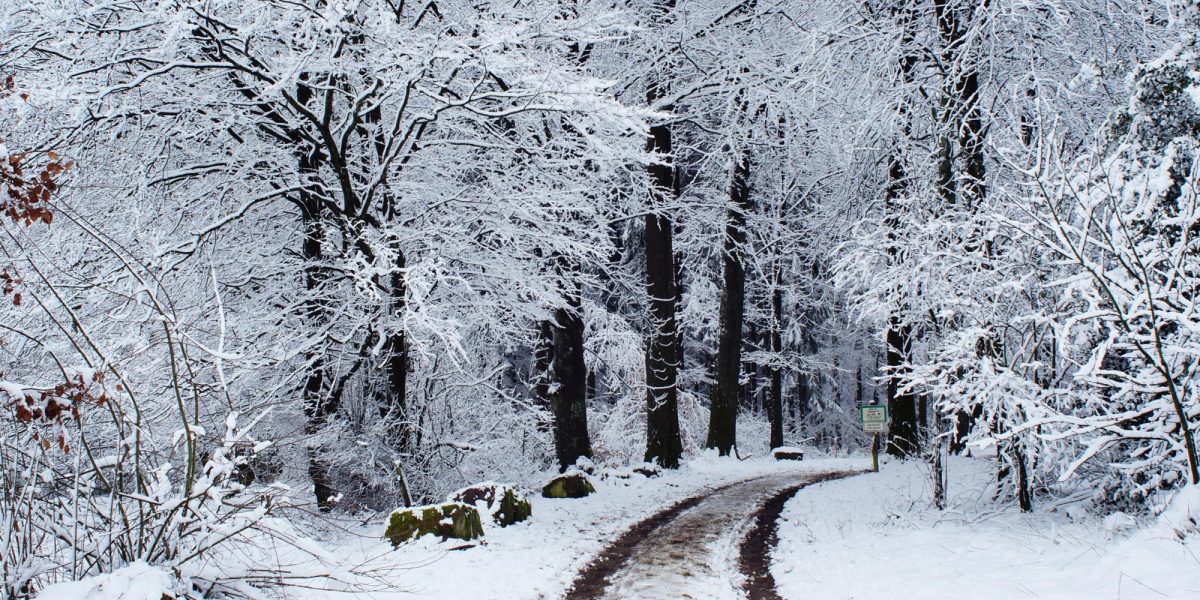If You’re Cold, They’re Cold Too
Leaving your pets outside in the cold could result in several charges and fines.
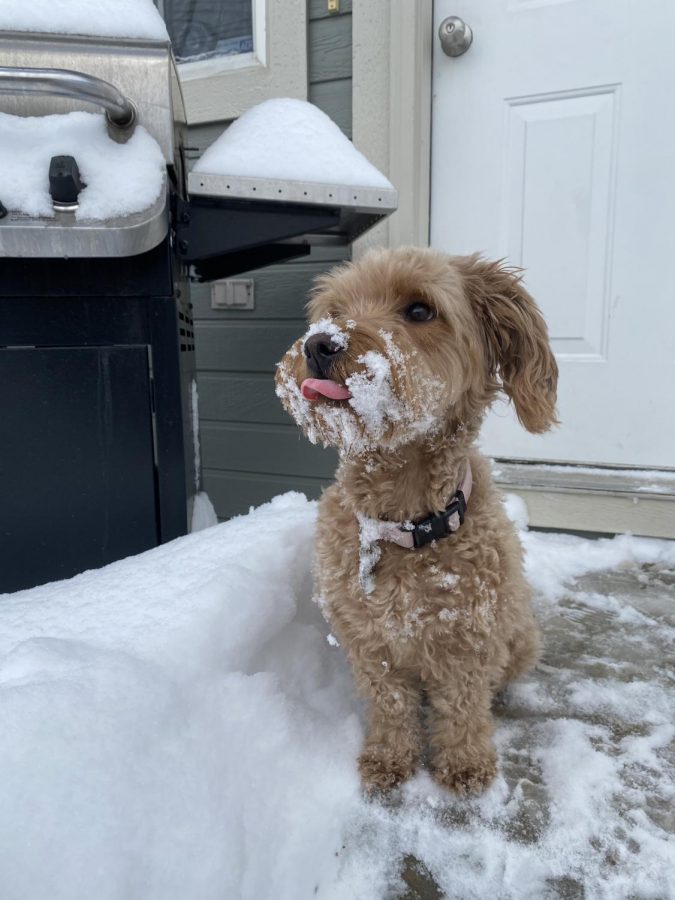
Mia The Mini Golden Doodle
March 10, 2021
Chilly weather is headed towards Colorado over the next few months. Temperatures below 0° and in the low single digits are to be expected. Denver Animal Protection is reminding Colorado residents that these temperatures are too dangerous for pets. Pet owners who leave their animals outdoors during these low temperatures will face a hefty fine of up to $1000 and charges of animal cruelty or neglect. You can read more information on animal cruelty and neglect laws in Colorado at shouselaw.com
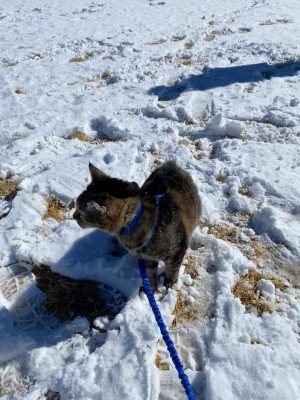
While you may think that your pet’s fur protects them from the cold, your dogs and cats can suffer from frostbite and hypothermia just like people. All dogs and cats are susceptible to extreme temperatures, but smaller dogs and those with short hair, also young or older animals are especially vulnerable. Even long-haired and larger dogs that enjoy being out in the cold and snow should be monitored closely. Don’t leave your pet outdoors for extended periods or overnight when temperatures drop to zero.
Denver Animal Protection and the Dumb Friends League have provided tips and guidelines to keep pets safe during cold weather.
- Do not leave your pets outside for any longer than they must be out when temperatures are extreme.
- Short walks are fine for your dogs or cats but minimize the amount of time your pets are outside during cold weather.
- If your pets must be outside for any length of time, ensure they have a proper shelter that remains dry and provides protection from the cold and wind.
- Always make sure your pets have access to water outside and make sure it doesn’t freeze in cold weather or use a heated bowl. Use a hard plastic bowl to prevent their tongues from sticking to the frozen metal.
- Consider putting a coat or sweater on your dogs or cats to provide extra warmth.
- Wipe your dog’s or cat’s paws when they come in from outside as they may track in salt, antifreeze, or other chemicals that could make them sick or irritate their skin. Use a pet-friendly ice melt on your driveway and sidewalks.
- Check the pads of your dog’s or cat’s feet for redness or cracks and apply petroleum jelly if needed for further protection.
- Never leave a pet alone in a car during cold weather. A car can act as a refrigerator, holding in the cold and causing the animal to freeze to death.
- If there are outdoor pets in your area, bang loudly on your car hood or honk the horn before starting the engine. In their search to stay warm, outdoor pets often take refuge next to a warm car engine or tire.
- Keep snow from piling up high next to your fence. A packed snowdrift will provide a boost for pets to escape the confines of your yard.
- Consider the amount of exercise your pets receive during colder weather and adjust their food supply accordingly. If your pets are inside and lazy? Less food. Outside and active? More food may be needed to produce more body heat. Consult your veterinarian to be sure.
For information about Denver’s Animal Protection ordinances or additional pet safety tips, visit denvergov.org Keep yourself and your pets safe this winter. February and March are statistically Colorado’s biggest snowfalls of the winter season with low temperatures possibly reaching into April.



